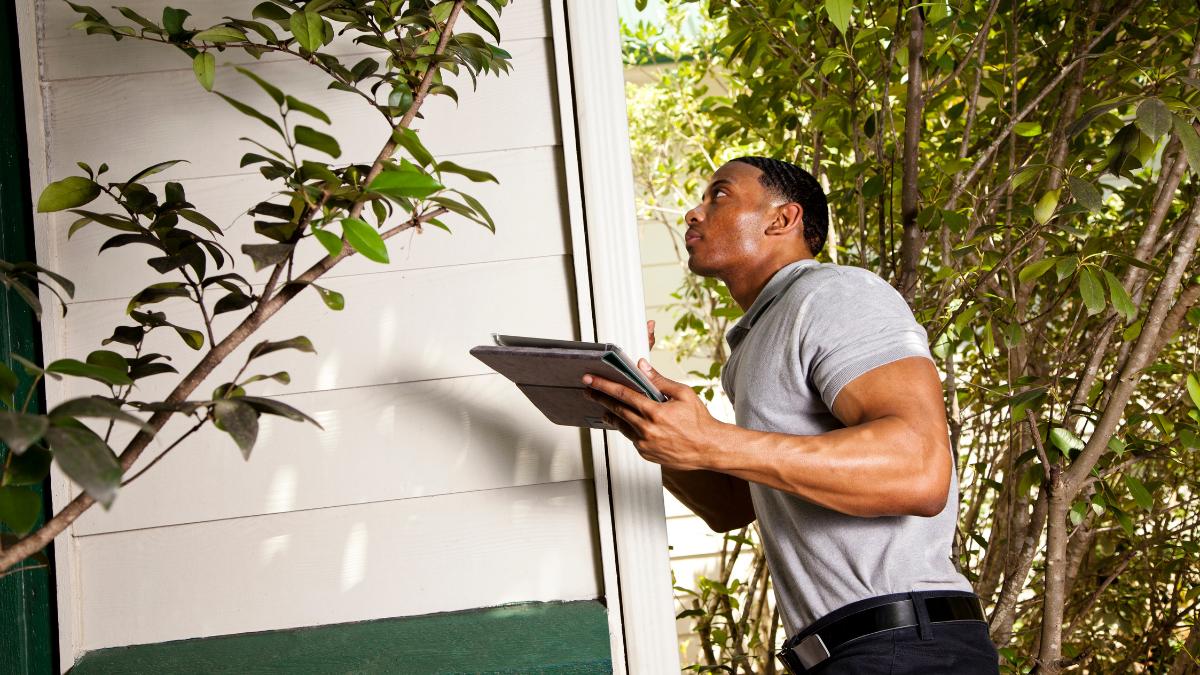Last Updated on May 1, 2023 by Kravelv Spiegel
Buying a house is a huge commitment and a life-changing choice that should not be taken lightly. Both the property’s financial and physical state must be considered. It’s crucial to have a house inspection before putting in an offer so you know exactly what you’re getting into.
What Is a Home Inspection
A home inspection is a detailed check of the easily accessible parts of a house, including the structure, roofing material, plumbing and electrical systems, HVAC, and more. A professional home inspector will do the inspection, and then write up a comprehensive report on their findings.
Reasons to Prioritize Home Inspection When Buying a House
Uncover Hidden Issues
It is highly recommended that you should not skip out on getting a home inspection since it has the potential to uncover problems that are not always easy to spot. Mold, water damage, or structural damage are just examples of these problems, all of which might result in more expensive repairs in the future. Finding solutions to these problems as soon as possible will save you a significant amount of time and money in the long term.
Negotiation
You may gain bargaining power as a result of a house inspection, which is yet another advantage of having one performed. If the home inspector finds any issues, you may use that information to negotiate with the seller for either a price reduction or the completion of any necessary repairs. If the home inspector finds any problems, you can use that information to bargain with the seller. This will guarantee that you are obtaining a good bargain while also helping you save money.
Inspection Report
A report on the house inspection is also helpful when it comes to creating a budget. In the event that the inspector detects any problems that will require repairs or replacement in the not-too-distant future, you will be able to make preparations in advance and create a budget for those costs. This can assist you in preventing unpleasant financial surprises once the acquisition has been finalized.
Ensuring Safety and Health
In addition, a comprehensive home inspection can identify any possible dangers that may exist in the property, such as faulty electrical installations or gas leaks, which may put the health and safety of your family at risk. If you find these dangers early on, it will be easier for you to take the necessary precautions to reduce or eliminate the risk.
Making an Informed Decision
Last but not least, it is essential that you feel secure in your choice to purchase real estate. You may get the assurance you need to make an educated selection if you know that the property is exactly as stated and that you are aware of any potential problems with it. A home inspection may provide you with the knowledge you need to make a confident and well-informed decision about the house you want to buy.
Importance of Home Inspection FAQs
What is a home inspection?
An inspection of a home is a non-invasive assessment of the state of the property’s physical components, such as the structure, foundation, roofing, plumbing, electrical, and HVAC systems. In most cases, a qualified home inspector will carry it out and then present the results of their investigation in a comprehensive report.
Why is a home inspection important?
It is crucial to have a home inspection because it may discover potential safety concerns, costly repairs, and other issues that could affect the value of the property as well as its livability. It also gives purchasers the authority to negotiate with the seller, giving them the ability to request that the seller make any necessary repairs or change the purchase price appropriately.
Should I skip a home inspection if the property looks good?
Even though the house seems to be in decent shape, it is not a smart idea to skip out on getting it inspected because it is not suggested. An unskilled eye might not be able to spot many problems, such as those caused by water or electrical leaks or infestations of unwanted animals or insects. These concealed problems can be uncovered by a qualified house inspector, who will then produce a detailed report on their findings.
Who pays for a home inspection?
In most transactions, the buyer is responsible for paying for the expense of a home inspection; but, in some circumstances, the seller may agree to cover the cost. The buyer, on the other hand, is the one who is responsible for choosing the house inspector and setting up the appointment for the inspection.
What happens if issues are found during the home inspection?
In the event that problems are discovered during the house inspection, the buyer has the option of using the report to bargain with the seller for a reduced purchase price or repairs. If the problems are too substantial or too expensive to fix, the buyer may decide to pull out of the purchase agreement completely in specific circumstances.
Conclusion
You shouldn’t miss the house inspection; it’s an essential step in the home-buying process. It can reveal previously unknown problems, offer you leverage in negotiations, facilitates financial planning, reveal potential safety risks, and provide much-needed peace of mind. It’s a smart move that might help you save money in the long run and ensures the security of your family’s future. Put a home inspection at the top of your to-do list if buying a house is on your horizon.

